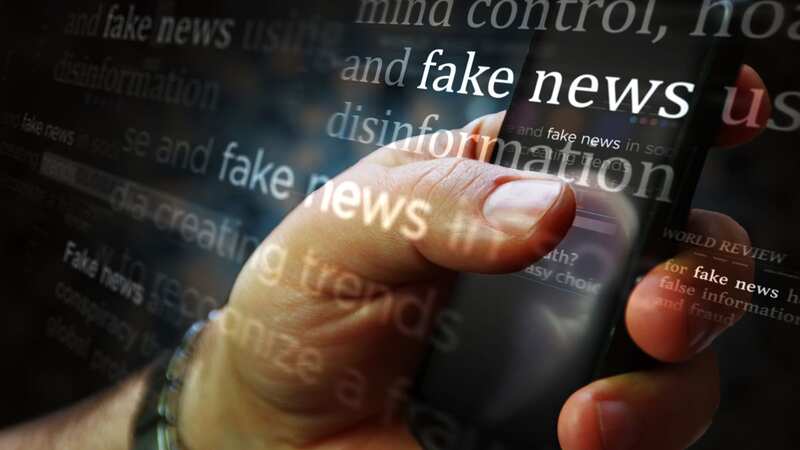Over half of Brits believe they’ve been tricked into believing fake news

Eight out of 10 Brits are concerned about fake news and over half believe they have been tricked by it, according to a new study released this week.
Marketing body, Newsworks, has launched independent research revealing that 79% of UK consumers are worried about the issue - most prominently when reading non-established news outlets or social media.
Only a quarter surveyed feel confident in their own ability to spot fake news and 54% believe that they have been tricked into believing news that later turned out to be fake.
The research examines consumer feelings about fake news, the levels of trust they place in different sources of news and the benefits for brands of advertising in news brands.
It is launched alongside Newsworks’ latest report ‘Fact not fake: the power of news brands. How advertisers can leverage the legacy of trust in established news brands’.
 Apple TV release MLS Season Pass worldwide and announce free opening weekend
Apple TV release MLS Season Pass worldwide and announce free opening weekend
 More than half of Brits believe they've been fooled by fake news (Getty Images)
More than half of Brits believe they've been fooled by fake news (Getty Images)To combat these concerns, news brands are regularly used as a fact checking source across all demographics, with 74% of those who expressed an opinion saying they would turn to newspaper websites or apps to verify stories they read on social media.
Interestingly, among 16-34s, this is even higher, 78% regularly turn to established news brands to verify the truth of the content they see elsewhere.
The feeling of trust the majority of the UK public feel towards news brands is deep rooted and influential.
When shown genuine news headlines on news brand sites compared to genuine news headlines on non-news brands sites, people were almost 50% more likely to believe the headlines on the news brand sites.
 Former US President Donald Trump often pedalled out the term 'fake news' during his time in office (AFP/Getty Images)
Former US President Donald Trump often pedalled out the term 'fake news' during his time in office (AFP/Getty Images)The perceived quality of brands is 1.6x higher when consumers see them advertised in a news brand versus a non-news brand.
This suggests that advertising in a news brand helps to reduce the negative forces that act as a drag on brand trust.
Consumers are 30% less likely to question the competence of the brand when it advertises in a news brand and are 20% less likely to perceive buying or using a brand as a risk when it advertises in a news brand.
Newsworks chief executive, Jo Allan, said: “Increasingly people are becoming aware of the spread of fake news and misinformation and the pitfalls around social media.
 Owner of Twitter, Elon Musk (TED Conferences, LLC/AFP via Get)
Owner of Twitter, Elon Musk (TED Conferences, LLC/AFP via Get)"Our research has shown news brands deliver incredibly strong business effects for advertisers, either directly or by enhancing other media.
"And what’s clear is that news brands have a massive role to play for marketers.”
 Woman's blood boils as date stands her up over her response to innuendo text
Woman's blood boils as date stands her up over her response to innuendo text
Newsworks’ latest report ‘Fact not fake: The Power of News Brands. How advertisers can leverage the legacy of trust in established news brands’ can be downloaded here.
Read more similar news:
Comments:
comments powered by Disqus

































